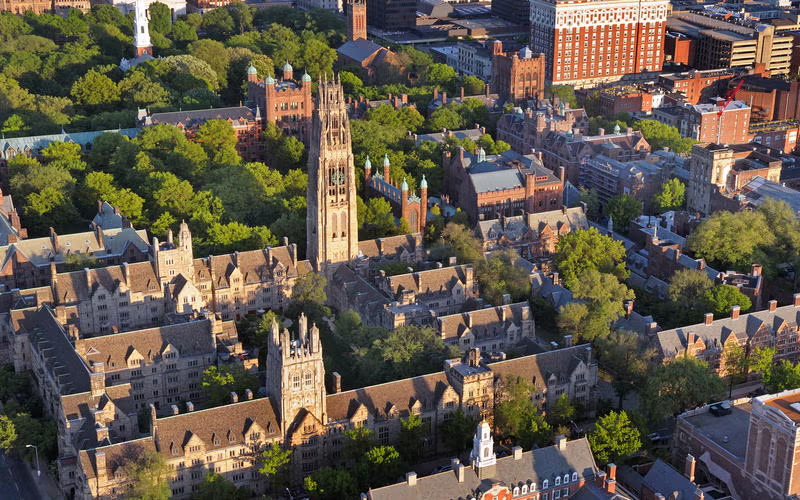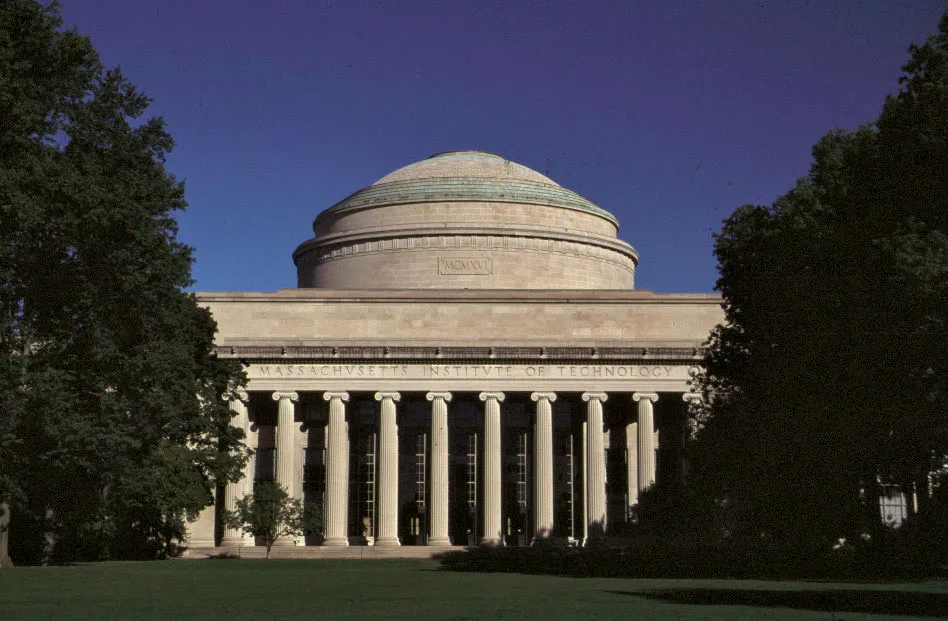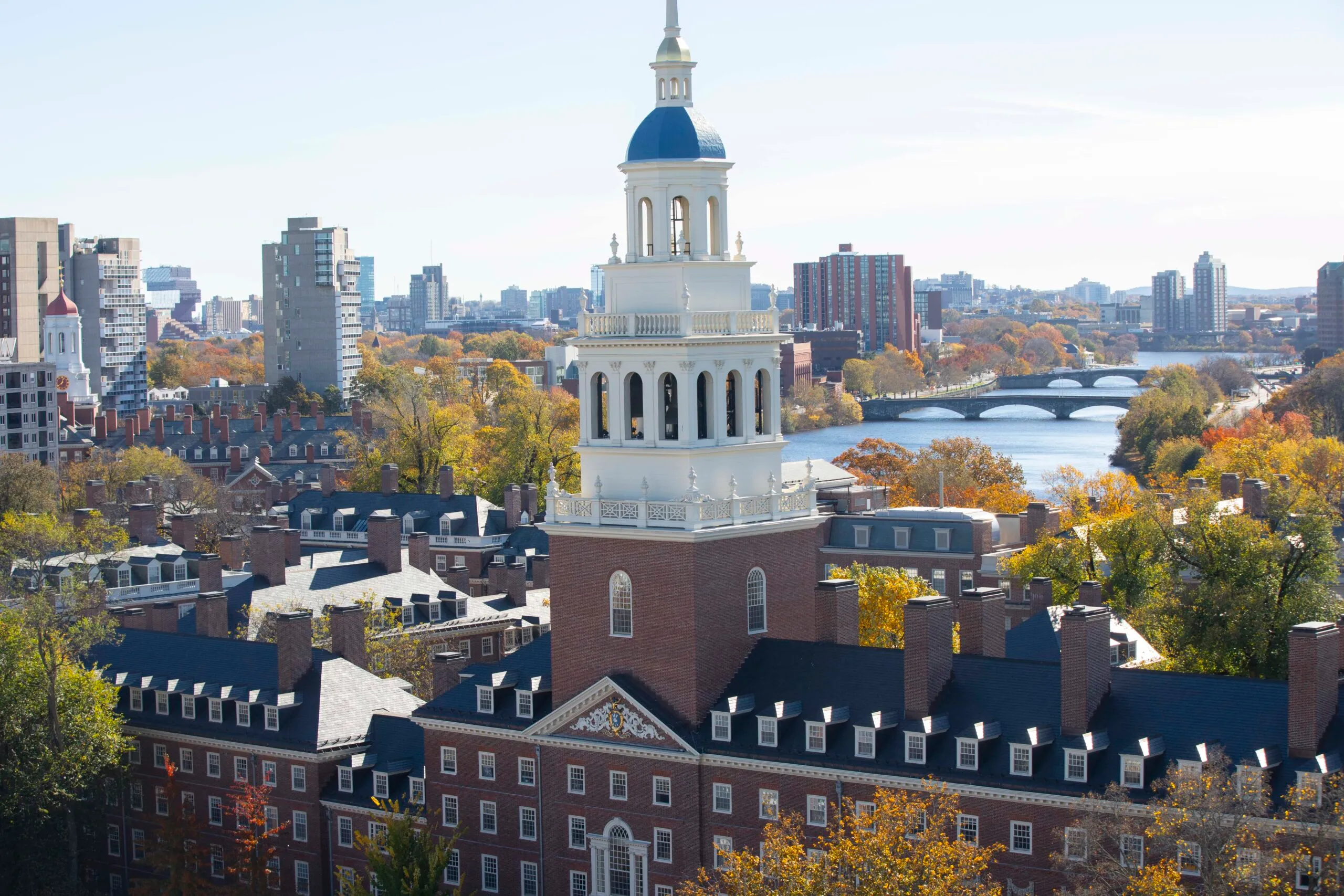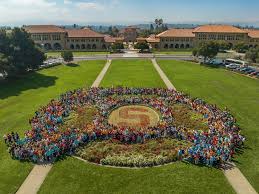Yale University
Nestled in the heart of New Haven, Connecticut, Yale University stands as one of the most prestigious and influential institutions of higher learning in the world. Founded in 1701, Yale is the third-oldest university in the United States and a member of the Ivy League, a group of elite universities renowned for their academic rigor, historic significance, and societal impact. With a legacy spanning over three centuries, Yale has consistently been at the forefront of education, research, and innovation, shaping the minds of leaders, thinkers, and changemakers across the globe.
Rich History of Academic Excellence
Yale’s origins trace back to the early 18th century when a group of colonial clergymen sought to establish a college to train ministers and lay leaders for the burgeoning colonies. Originally named the Collegiate School, the institution was renamed Yale College in 1718 in honor of Elihu Yale, a British merchant and philanthropist whose generous donation helped secure its future. Over the centuries, Yale evolved from a small religious college into a comprehensive university, expanding its curriculum to include the arts, sciences, and professional disciplines.
Today, Yale comprises fourteen schools, including Yale College (the undergraduate division), the Graduate School of Arts and Sciences, and twelve professional schools, such as the Yale Law School, Yale School of Medicine, Yale School of Management, and Yale School of Drama. Each of these schools is recognized for its academic excellence and contributions to its respective field.
Commitment to Liberal Arts and Interdisciplinary Learning
At the core of Yale’s educational philosophy is a commitment to the liberal arts. Yale College offers a broad-based curriculum that encourages students to explore diverse disciplines, think critically, and engage deeply with complex ideas. Undergraduates are required to complete distributional requirements in the humanities, social sciences, and natural sciences, ensuring a well-rounded education. This approach fosters intellectual curiosity and prepares students to tackle the multifaceted challenges of the modern world.
Yale also emphasizes interdisciplinary learning, encouraging students to draw connections between different fields of study. Programs like the Directed Studies program, which offers an intensive introduction to Western literature, philosophy, and historical thought, exemplify this commitment. Additionally, Yale’s unique residential college system fosters a close-knit community where students from diverse backgrounds live, learn, and grow together. Each of Yale’s fourteen residential colleges has its own distinct identity, traditions, and support systems, creating a sense of belonging and camaraderie.
Groundbreaking Research and Innovation
Yale is not only a center for learning but also a hub for groundbreaking research and innovation. The university consistently ranks among the top research institutions globally, with faculty and students engaged in pioneering work across a wide range of disciplines. From advancements in medical science to breakthroughs in environmental sustainability, Yale’s research has a profound impact on society.
One notable example is the Yale School of Medicine, which has been at the forefront of medical research and patient care for over two centuries. Yale researchers have made significant contributions to fields such as genetics, immunology, and neuroscience, leading to life-saving treatments and therapies. Similarly, the Yale School of Forestry & Environmental Studies has played a critical role in shaping global environmental policy and advancing sustainable practices.
Yale’s commitment to innovation extends beyond the sciences. The Yale Law School, consistently ranked as one of the top law schools in the United States, has produced numerous influential legal scholars, judges, and public servants. The Yale School of Drama, renowned for its rigorous training programs, has launched the careers of countless actors, playwrights, and directors who have made their mark on the world stage.
Global Community of Scholars
Yale’s influence extends far beyond its campus in New Haven. The university is deeply committed to fostering global engagement and addressing pressing global challenges. Through initiatives like the Yale Young Global Scholars program and the Yale World Fellows program, the university brings together talented individuals from around the world to collaborate on solutions to issues such as climate change, poverty, and inequality.
Yale’s global reach is also evident in its extensive network of alumni, who have made significant contributions in virtually every field imaginable. From U.S. Presidents like Gerald Ford, George H.W. Bush, and Bill Clinton to Nobel laureates like economist Paul Krugman and physicist Murray Gell-Mann, Yale alumni have left an indelible mark on history. The university’s graduates are leaders in government, business, academia, the arts, and beyond, embodying Yale’s mission to educate individuals who will make a difference in the world.
Vibrant Campus Life
Life at Yale is as dynamic and diverse as its academic offerings. The university boasts a vibrant campus culture, with over 500 student organizations catering to a wide range of interests. From a cappella groups like the Whiffenpoofs to political advocacy organizations, there is something for everyone at Yale. The university also has a rich tradition of athletics, with its teams, known as the Bulldogs, competing in the Ivy League and NCAA Division I.
Yale’s cultural and artistic scene is equally vibrant. The Yale University Art Gallery, the Yale Center for British Art, and the Peabody Museum of Natural History house world-class collections that are accessible to students and the public alike. The Yale Repertory Theatre and the Yale School of Drama regularly stage productions that attract audiences from across the region.
Commitment to Diversity and Inclusion
Yale is deeply committed to fostering a diverse and inclusive community. The university actively seeks to enroll students from a wide range of backgrounds, recognizing that diversity enriches the educational experience for all. Yale’s financial aid policies are among the most generous in the world, ensuring that students from all socioeconomic backgrounds have access to a Yale education. The university meets 100% of demonstrated financial need for all students, and its need-based aid packages do not include loans, making a Yale education affordable for families of all income levels.
In recent years, Yale has also taken steps to address issues of racial and social justice on campus. Initiatives like the Yale Belonging Project and the establishment of the Office of Diversity and Inclusion reflect the university’s commitment to creating a welcoming and equitable environment for all members of its community.
Looking to the Future
As Yale looks to the future, it remains steadfast in its mission to educate leaders and advance knowledge for the betterment of humanity. The university continues to invest in cutting-edge research, expand its global partnerships, and innovate in teaching and learning. With its unwavering commitment to excellence, Yale is poised to remain a beacon of intellectual and moral leadership in the 21st century and beyond.
In conclusion, Yale University is more than just an institution of higher learning; it is a community of scholars, a catalyst for innovation, and a force for good in the world. Its rich history, commitment to academic excellence, and dedication to serving society make it a truly exceptional place. For those who have the privilege of studying, teaching, or working at Yale, the experience is transformative, shaping not only their careers but also their lives. As Yale continues to evolve and adapt to the challenges of a changing world, its legacy of excellence and impact will endure for generations to come.
Share this content:










Post Comment